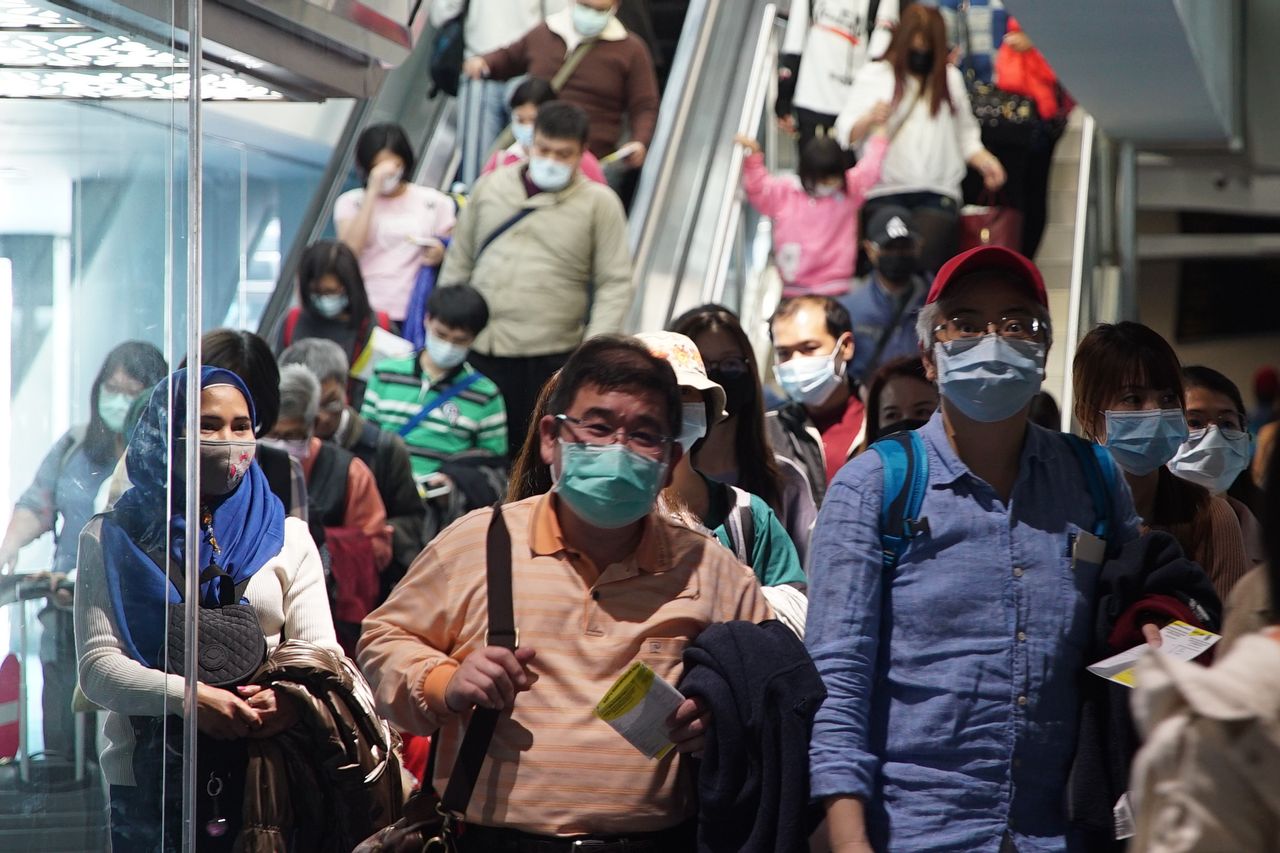34 Thousand Migrant Workers Return To Indonesia, Haj Dormitory Will Be Used For Accommodation

JAKARTA - President Joko Widodo said there are around 34 thousand Indonesian migrant workers who will return from abroad after their work contracts are over.
To welcome them, Jokowi then asked the government to monitor the arrival of migrant workers in the midst of the coronavirus or COVID-19 pandemic.
"I also received reports that in May and June there were approximately 34 thousand Indonesian migrant workers whose contracts would expire," Jokowi said when opening a limited meeting broadcast on the Presidential Secretariat's YouTube account, Monday, May 11.
Some of these migrant workers, said Jokowi, came from a number of provinces such as West Java, East Java and Bali. With details, there are 8,900 East Java people, 7,400 from Central Java, 5,800 from West Java, 4,200 from NTB, 2,800 from North Sumatra, 1,800 from Lampung, and 500 from Bali.
Seeing the large number, Jokowi asked his staff to oversee the arrival process and monitor migrant workers at every entrance to the country.
As for the entrances referred to by Jokowi, such as Soekarno-Hatta Airport, Cengkareng; I Gusti Ngurah Rai Airport, Bali; Tanjung Benoa Harbor, Bali; and Tanjung Priuk Port, Jakarta as well as other entrances such as the Batam and Tanjung Balai areas.
The former governor of DKI Jakarta said that in addition to implementing strict health protocols to prevent the spread of COVID-19, Jokowi also asked for quarantine places to emergency hospitals.
Hajj Dormitory for ShelterChairperson of the Task Force for the Acceleration of Handling COVID-19 Doni Monardo said President Jokowi agreed to use the Pondok Gede and Bekasi Hajj Dormitories as quarantine locations or accommodate Indonesians who had just returned from abroad.
"The president has agreed to use the Hajj Dormitory so that all ABK, all students, and also the tabligh congregation who return to their homeland can be accommodated in one area," Doni said in a press conference after the limited meeting.
The decision to use the Hajj Dormitory, he said, was intended to make supervision comprehensive and easy. Moreover, at this time, a number of cruise ship crews (ABK) sent back from abroad are stationed in a number of hotels.
According to Doni, this overwhelmed the medical and security officers, reducing their surveillance. "Security officers, medical personnel have difficulty monitoring optimally," he said.
"With the permission from the President to use the Hajj Dormitory in Pondok Gede and Bekasi, we hope that the elements of control and supervision will be much better," added the Head of the National Disaster Management Agency (BNPB).
Later, after carrying out a 14-day quarantine period according to health protocols, the task force team will work with the local government to repatriate these Indonesian citizens from abroad to their respective areas of origin.
With a note, Indonesian citizens who were sent home were those who tested negative for COVID-19 after undergoing two tests through the polymerase chain reaction (PCR) method instead of the rapid antibody test method.
"The positive ones will be taken to the Wisma Atlet emergency hospital for Jakarta and those in Batam will be taken to Galang Island," he explained.
"Meanwhile, those in Surabaya are in the process of preparing an isolation room for assistance and cooperation from the Ministry of Public Works and Housing, East Java Provincial Government and the task force," concluded Doni.
